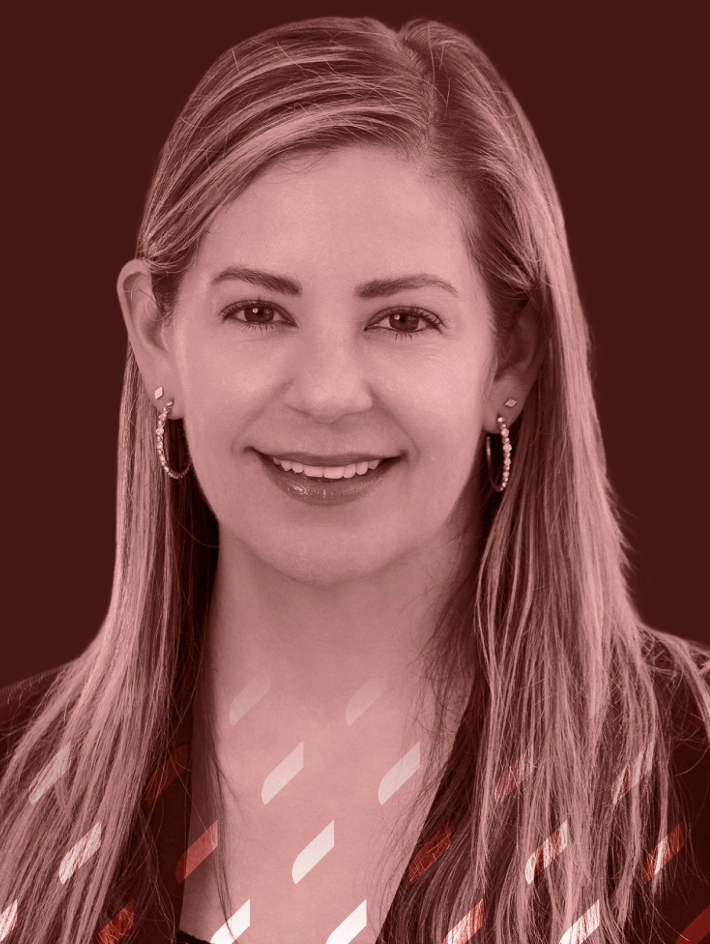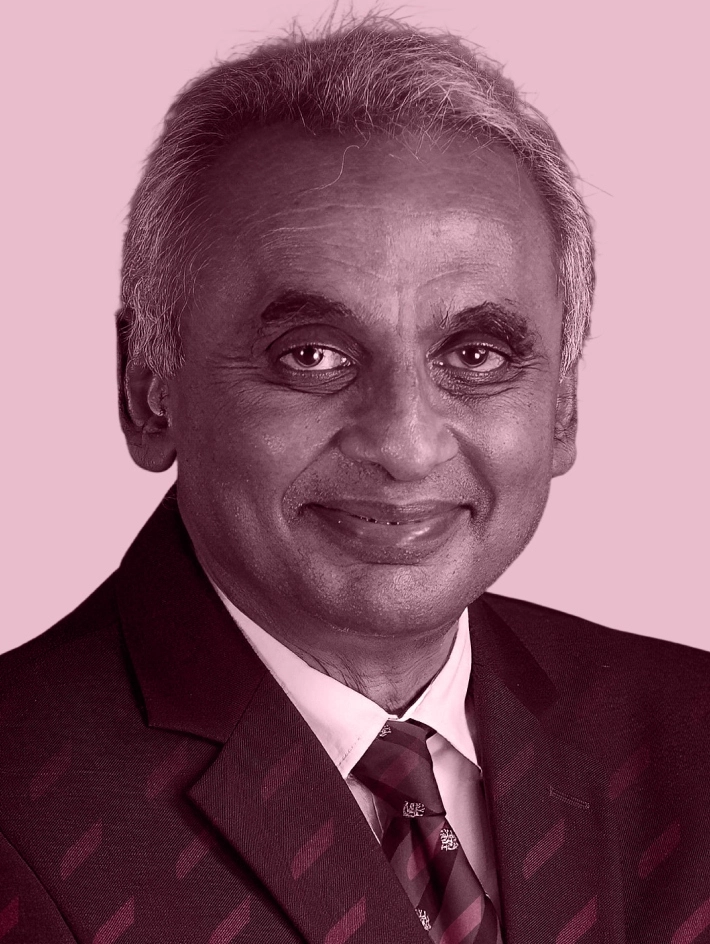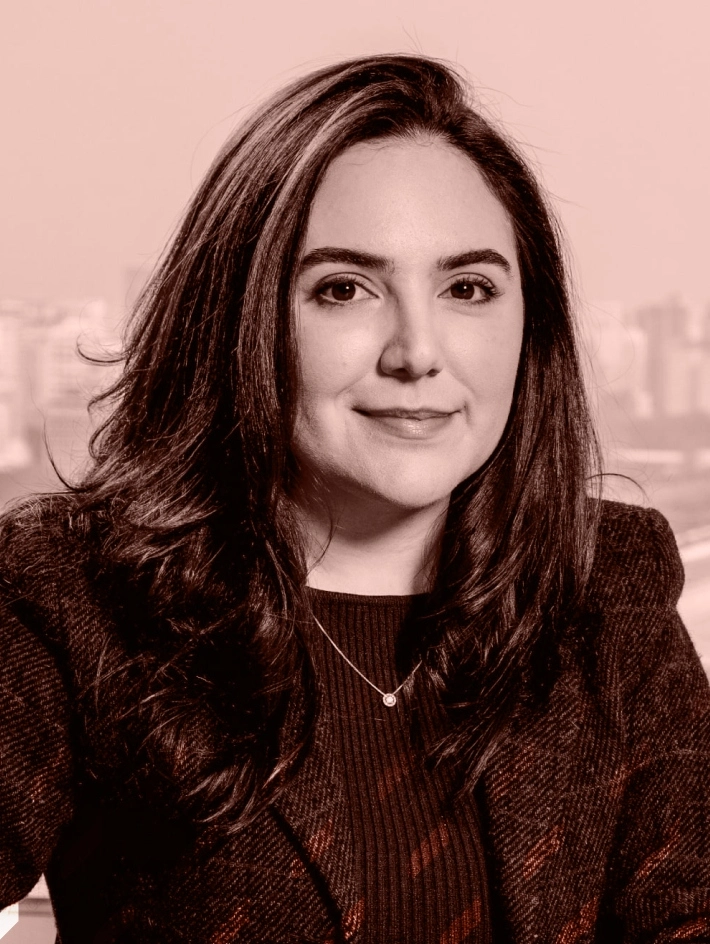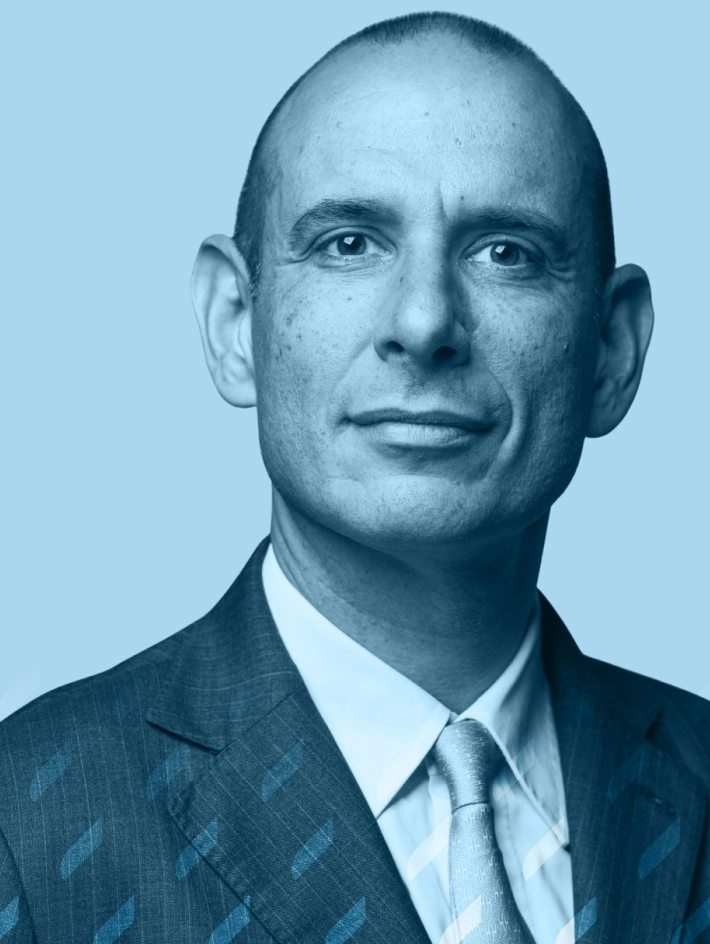What is new with your firm?
2018 is shaping up to be an exciting year for Bell Nunnally! This summer, we are moving into a beautiful new space in Downtown Dallas, overlooking the city’s booming Arts District. We have been in our current space, about half of mile outside of downtown, for more than 30 years.
As far as other firm highlights, we have continued to add significant resources in white collar criminal defence in governmental investigation, including FCPA (Foreign Corrupt Practices Act). This practice has been very busy. Bell Nunnally Partner Jeff Ansley leads our white collar regulatory defence practice, and he is a former federal criminal prosecutor with the U.S. Department of Justice (DOJ) and the U.S. Securities and Exchange Commission (SEC). Rob Long, who is also a former DOJ and SEC attorney, as well as a former Financial Industry Regulatory Authority (FINRA) attorney, is also a key part of the practice. Rob and I worked together on the recent Legalink member publication on the Regulatory Framework of ICOs and Token Sales.
As for the size of our team, we are now up to 59 attorneys at Bell Nunnally.
Are there any interesting cases in your firm’s practice that you would like to mention?
In 2017, I obtained a $23.1 million dollar jury verdict on behalf of a national cattle broker that involved a fraudulent cattle transaction scheme. The story received nationwide media coverage and continues to produce related litigation, including matters involving the financial institutions used by the fraudster. This verdict has been named as one of the top 100 verdicts of 2017 by the National Law Journal.
In addition, our real estate attorneys have worked on some cutting-edge leases and have helped redevelop buildings in Downtown Dallas – notching some very positive press coverage in the process.
Which practice areas are the most in demand in your firm?
Our high-stakes commercial litigation practice is always very busy, followed closely by our corporate and securities, labour and employment, real estate, and white-collar criminal and regulatory defence practices. These five areas are very active.
In terms of referrals, which jurisdictions are the most important for your firm?
Texas and Mexico have always been close business partners with many of the companies headquartered in Texas having locations and operations in Mexico. We expect the historical economic ties and strength of this cross-border relationship to continue.
The Americas, in general, also tend to yield significant cross-border work with Texas. A big factor in this relationship is Texas’ role in energy production, from the oil fields of West Texas to offshore drilling along the Coastal Bend to the global headquartering of numerous global energy companies in Houston.
Here in Bell Nunnally’s home city of Dallas, we are the U.S. headquarters for a number of Fortune 500 companies with international operations in Europe, Asia and the Americas. And, our rich business environment continues to regularly attract major multinational employers.
Can you share an example of cross-border work with another Legalink member?
We have worked on two client proposals with Felsberg Advogados in Sao Paulo, and those both involved interests in issues concerning the U.S. and Texas in particular.
We have also utilized Lowndes in New Zealand and received excellent assistance from them in a white collar regulatory matter involving assets that were located in New Zealand. I also am working currently with Yoshi Hayakawa´s firm, Uryu & Itoga. Yoshi’s team is assisting our firm´s client on a lawsuit and bankruptcy in Tokyo involving cryptocurrency.
As regards to Legalink, are you happy about your firm’s membership? What can we do better?
Bell Nunnally is very pleased with its membership in Legalink. The network has given us a great toolkit of resources across the U.S. that we can offer to our clients. In addition, our clients are continually impressed that we have the ability to call on very qualified legal counsel in most countries around the world. I have been able to personally vouch for the quality of Legalink members and draw on my personal relationships. Our membership in Legalink gives our clients a nice sense a security knowing that we have global resources.
I have been very pleased with the South American expansion of Legalink. I am very impressed with the calibre of the new firms that have been recruited, including members in Mexico, Chile, Colombia and Peru. They join an already impressive slate of firms in Latin America. This development is a real success story for the network.
Legalink’s social media participation, including on LinkedIn, has improved greatly over the last year. I have noticed that many of my LinkedIn connections are Legalink attorneys, and when I post comments and information, these posts are liked or shared by Legalink attorneys around the world. The views and the coverage I am getting from this is extraordinary.
The recent publication we worked on regarding Regulatory Framework of ICOs and Token Sales will continue to increase the visibility of Legalink on a global scale with respect to a very relevant and current hot topic. The reach of the network is evident in the fact that my initial post on LinkedIn of the Legalink publication has already garnered more than a thousand views.
I have had success, too, when I posted on LinkedIn after I took part in a panel presentation in Beijing and I tagged the other Legalink members, who joined me - namely Gordon Grieve as moderator and panel members Andrew Demetriou, Yoshi Hayakawa and Edmund Kronenburg. The post thanking David Zou for hosting the program registered more than 3,500 views, which I think is amazing. This robust social media engagement adds to my practice and allows me to expand its visibility and the firm’s reach. I am constantly looking at how I can involve more people at my firm in Legalink.
Legalink is a very desirable alternative to being at a global law firm, and many savvy clients prefer to work with independent law firms that are located in jurisdictions where they are located or their matter is seated – as opposed to relying on the scattered “outposts” that global firms frequently employ.
For member firms, Legalink’s benefit is keeping one’s independence as a single office or regional firm, while gaining on-demand access to the tools and resources of national and international lawyers. One thing the network can continue to work on is demonstrating how we work together and add value to the clients through pooling resources. A good example of that is the Legalink cryptocurrency publication that 42 Legalink member firms contributed to: it is a perfect tool that you can hand to or email clients to demonstrate the depth and breadth of Legalink’s reach and resources. The more we are able to produce and promote these sorts of thought-leadership pieces, the greater the impact of Legalink and development of the brand as a true and widely-recognized mark of excellence.
I also think, as a group, we should focus on increasing attorney communication and contact in between Legalink conferences. Meeting in person is difficult, because we all have our own clients and complex schedules. But the more interaction we have – even if through video conference calls – the closer we become as a group and the more we build relationships. Beyond this, even brief webchats or conference calls every month or two would help greatly in forging closer bonds and staying in the loop on global developments. These conversations also provide discussion points to remind our clients of the benefit to them of the firm’s membership in Legalink.
What is your favorite thing to do in your spare time?
My favourite thing to do in my spare time is to spend time with my three girls – ages nine, six and two. I coach my two older girls’ soccer (or football to many of you) teams. When I’m not in the office, on the field with them is where I like to be.



